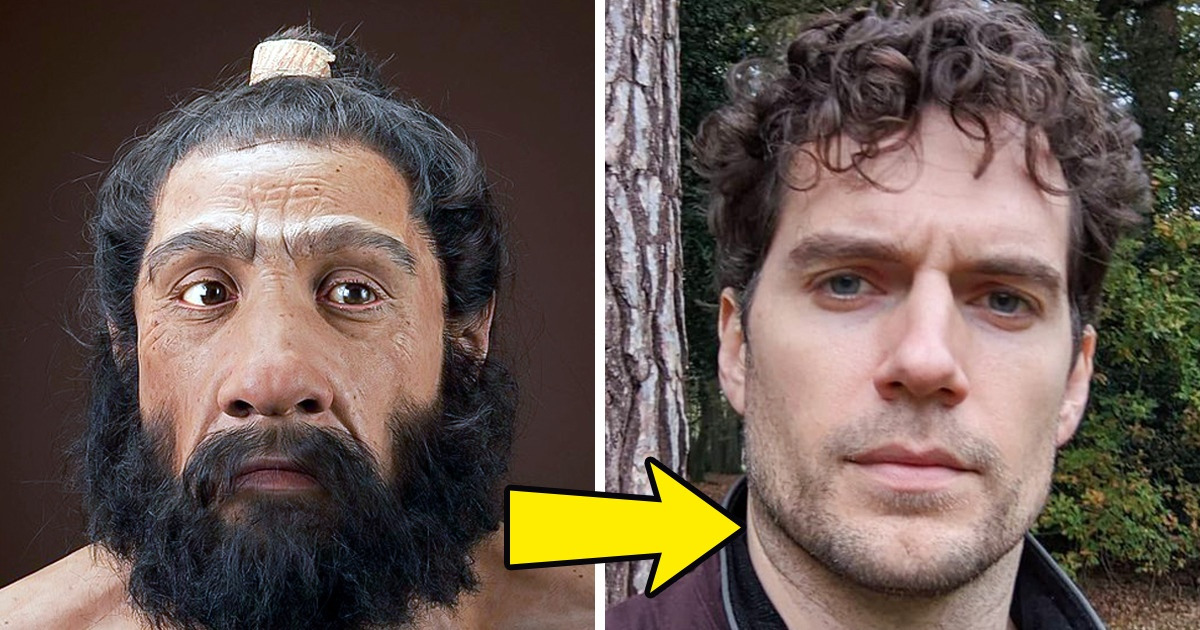20 Times Reality Exceeded Customers’ Expectations Beyond Their Wildest Dreams


When we look at our bodies, we don’t look like someone from 100,000 years ago — and we’d better not. Recently, scientists have uncovered new clues that shed more light on why and how humans lost their fur, furthering our understanding of human evolution. And we are here to reveal these findings to our readers.
Scientists have long debated the reasons behind human hair loss and the evolution of hairless skin. Although humans are the most naked primates, geneticists had long wondered when and why Homo sapiens opted to give up their fur. The truth is, we still have the entire set of genes required for fur, but they have been silenced, according to a recent study that looked at the genetic causes of our physical baldness.
Yes, we also stand tall, have big brains, and rich culture. But let’s draw attention to our naked, perspiring bodies here. Our ancestors probably had as much hair as gorillas and chimps had millions of years ago. Our ancestors’ fur coats were replaced with a coating of thin body hair and a few large patches over the head, armpits, and nether region during the course of human evolution.
Most scientists today believe that less body hair is related to thermoregulation, specifically with staying cool. The central claim is that at some point after they evolved into bipeds (walking with 2 legs), our predecessors frequently walked or ran in open, arid environments.
Think of a savanna or patchy woodland instead of a deep, shaded jungle. Overheating was a severe risk in this situation. It was preferred to have less body hair and more sweat glands, since perspiration allowed for more efficient evaporative cooling.
Why humans evolved into apes with almost hairless skin is still a mystery. There are several apparent explanations, like, for instance, having hair on our palms and wrists would make it more challenging to build stone tools or operate machinery, so our ancestors who lost this hair may have had an advantage. However, experts have debated the cause of the rest of our body’s fur loss for decades.
Once hairlessness had developed in this fashion, it might have been vulnerable to sexual selection because it was a trait that attracted one sex but not the other. Women are typically less hairy than men and spend more time shaving their bodies since smooth, clear skin has come to be a sign of health, similar to a peacock’s tail.
Why, in your opinion, did we lose the majority of our hair? Do you have any thoughts? Share them in the comments!











